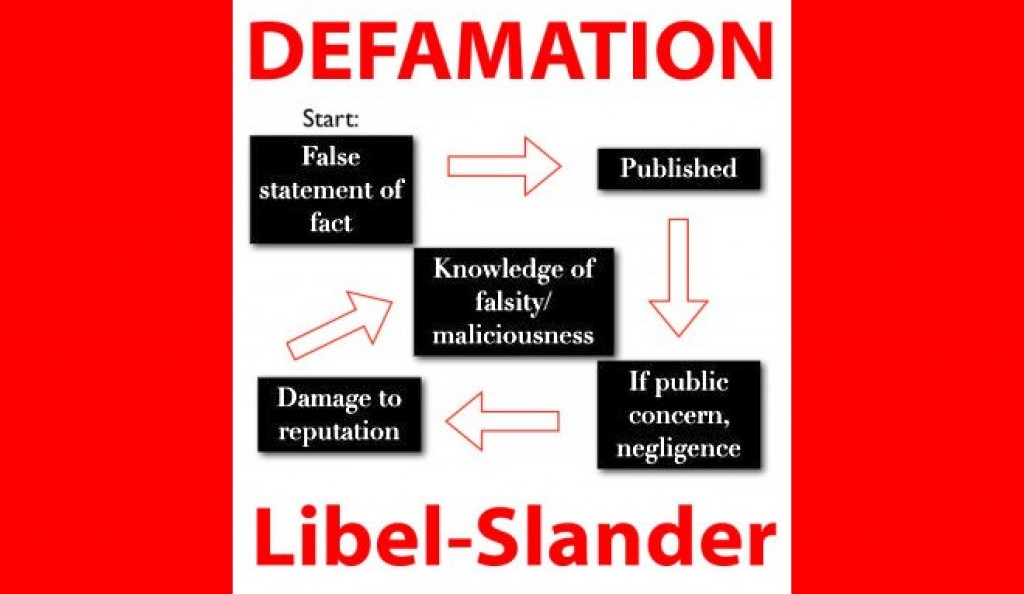
Are You The Victim Of Defamation?
Defamation (Libel & Slander):
Defamation is the communication of a false and unprivileged statement that exposes another to hatred, contempt or ridicule, or which causes him or her to be shunned or avoided, or which has a tendency to injure him or her in his or her trade or occupation. The defamatory statement must be communicated to someone other than the person to whom it refers and it must refer to a living person.
Defamation communicated verbally is called “Slander,” but if it is communicated in writing, it is called “Libel”. As a general rule it is easier to recover damages in a lawsuit for libel than in a slander lawsuit. Most defamation litigation in the employment arena concerns the employer’s “qualified privilege” to defame. Under this concept, employers and former employers are often protected from liability for defaming employees or former employees. By its very definition, however, the privilege is “qualified,” and not “absolute”. It is generally limited to situations in which the employer or former employer is making a good faith communication of information to someone who has a legitimate interest in receiving it. A good example of this is a former employer’s good faith response to a new or prospective employer’s inquiry about the job performance of a former employee. Generally speaking, even if the information given is false and damaging and would otherwise give rise to a defamation lawsuit, it will be protected under the “qualified” privilege.
If the communication exceeds the scope of the privilege, the privilege is not available. For example, if the communication to your new or prospective employer is not in response to an inquiry, but a voluntary and unsolicited communication, liability for defamation will attach if the information is untrue. Even if the communication is made in response to prospective employer’s inquiry, false and damaging information will not be protected by the privilege if it is made with knowledge or reckless disregard of its falsity, or with the intent to cause injury to the former employee. It is important to remember that however damaging it may be, a truthful statement cannot form the basis of a defamation lawsuit. The truth is a complete defense to a defamation action.
At Davis*Gavsie & Hakim, LLP, we offer a free phone consultation. Do not hesitate to contact us with your questions. We are located less than a mile (a 10-minute walk) from the Santa Monica Pier, with free parking close by. Our office is open from 9 a.m. to 6 p.m., but we offer after-hours and weekend appointments to those in need. We speak Farsi. Call 310-955-4724 or complete the form below.
